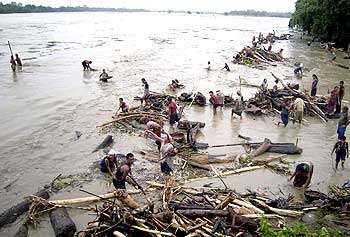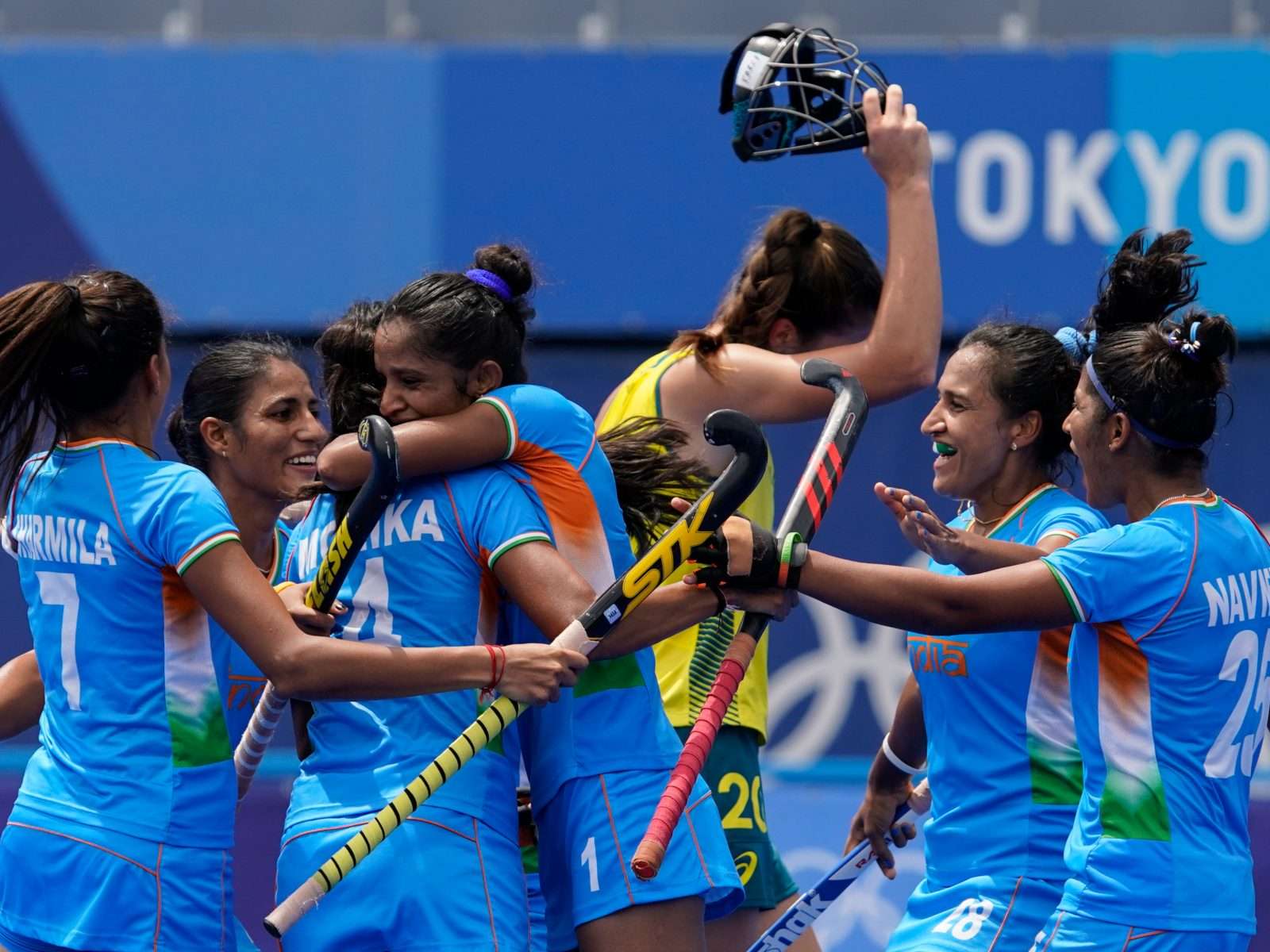Why SC Backed Article 370 Scrapping: Verdict Analysis
The recent Supreme Court verdict upholding the scrapping of Article 370, which conferred special status to Jammu and Kashmir, has sparked widespread discussion. In a comprehensive 476-page decision, the court delved into various legal principles and issues, ultimately affirming the validity of the abrogation. This blog aims to provide an insightful analysis of the key aspects of the verdict.
1. The Effect of the President's Rule:
The court's decision hinges on two crucial legal principles. Firstly, the effect of the President's Rule in Jammu and Kashmir empowers the President and Parliament with extensive decision-making powers. Secondly, the provision within Article 370 itself grants the President the authority to abrogate its effect.
2. Constitutional Relationship and Amendment of Article 370(3):
The verdict emphasizes the historical proclamation by the ruler, affirming that the constitutional relationship between Jammu and Kashmir and the Union of India would be governed by the Indian Constitution. The court scrutinized the amendment of Article 370(3) through Constitutional Order (C.O.) 272, deeming it invalid due to the absence of the Legislative Assembly during the President's Rule.
Chief Justice DY Chandrachud underscored the importance of adhering to established procedures for amendments, expressing concern over deviations from mandated processes.
3. Power of President Under Emergency:
The delicate balance between federalism and the imposition of President's Rule under Article 356 was acknowledged by the court. It established a standard for judicial review, emphasizing that even in emergencies, governmental actions must adhere to constitutional constraints.
Chief Justice Chandrachud highlighted the need for constitutional powers to be wielded within the framework of limitations during emergencies. Justice Sanjay Kishen Kaul echoed this sentiment, emphasizing the President's authority to effect irreversible changes under Article 356 post-approval by both Houses of Parliament.
4. Restoration of Statehood:
The Supreme Court directed the expeditious restoration of statehood to Jammu and Kashmir, mandating elections for the Legislative Assembly by September 30, 2024. While refraining from adjudicating on the validity of the Jammu and Kashmir Reorganisation Act, the court emphasized the need for the swift reinstatement of statehood.
Chief Justice Chandrachud acknowledged the complexity of converting a state into a Union Territory under Article 3, leaving the question open for future consideration.
5. Non-Examination of Statehood Issue:
The majority opinion chose not to delve into the legal aspects of the statehood issue based on the Solicitor General's assurance that Jammu and Kashmir's statehood would be restored. The court found it unnecessary to determine the legality of the reorganization under Article 3, given this assurance.
The Supreme Court's verdict on Article 370 reflects a meticulous examination of legal principles and issues surrounding the abrogation. The decision not only upholds the constitutional validity of the action but also establishes standards for the exercise of governmental power in times of emergency.
The restoration of statehood and the emphasis on adherence to constitutional constraints mark significant aspects of this landmark judgment.
Click for more updates and the latest world news, along with Web stories updates. Also, get the latest news and top headlines from India and around the world at Speed News





